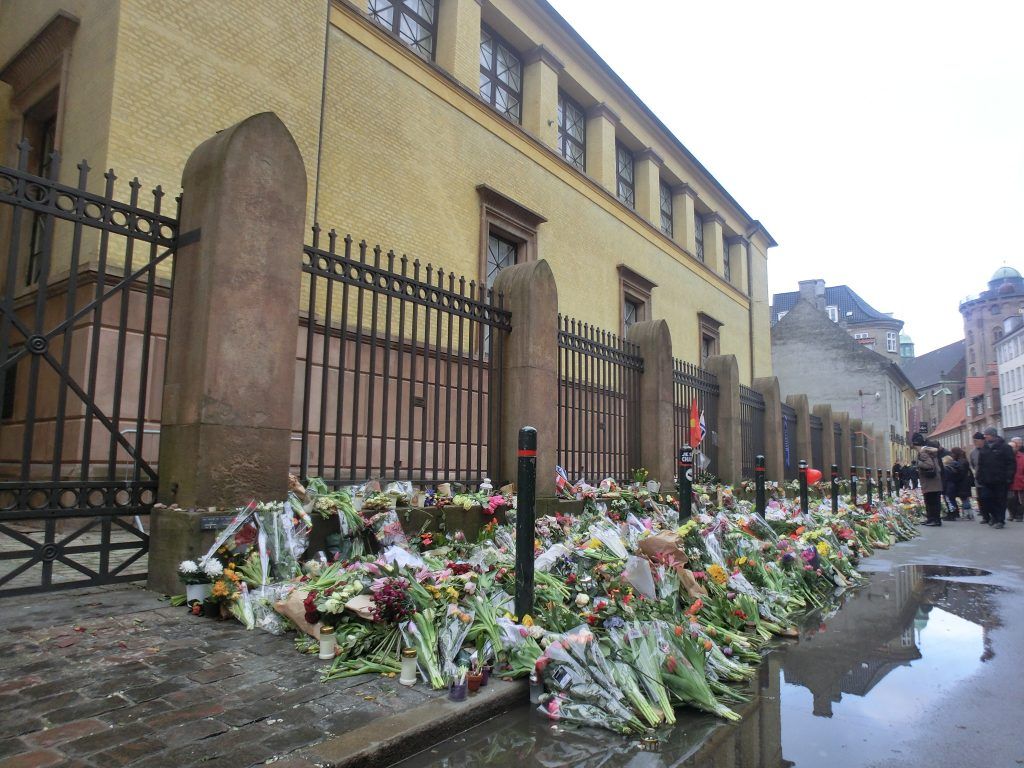The huge Jewish exodus from Arab and Muslim countries is a well known historical fact. The numbers can fluctuate, but it is indisputable today that the numbers of Jews living in the the Arab world has drastically diminished.
Compelled to move
Since the creation of the state of Israel, Jews of both Sephardi and Mizrahi backgrounds have felt unwelcome and have voluntarily left Middle Eastern and North African countries.
According to some estimates, the figures are as high as 850,000 Jews migrating between 1948 and the 1970s. The last mass exodus was from Iran after the Iranian revolution, which replaced a secular-minded leader with an ayatollah at the helm of power.
This was nothing new. For centuries, the Jewish community has unequivocally suffered suppression and persecution in European countries, causing millions to leave many other states where they felt unwelcome. And until 1948, there was nowhere they could go and feel safe.
Few havens in Europe
What is surprising is that even though the European countries promised not to ever repeat the atrocities of World War II on their soil, they were unable to console the Jewish community living in Western European countries and prevent them from feeling insecure and isolated.
And recently Western Europe has seen a rise of systematic anti-Semitism – especially among rising groups of Muslim migrants coming as refugees and migrant workers from Pakistan and Turkey.
Paradoxically, as the numbers of migrants from Islamic countries has risen, the Jewish population has decreased. The minuscule number of remaining Jews in European countries live primarily in large cities like Paris or London.
Not safe in Scandinavia
What is astonishing is that Scandinavian countries, which earned a reputation during World War II for protecting the Jewish community, have also seen a rapid rise in anti-Semitism, including sporadic attacks on synagogues and Jews on the streets, targeting those carrying visible symbols such as the star of David or a kippah on their head.
It is a known fact that no Jew would every dare walk the streets of Malmö in broad daylight with a visible Jewish symbol on them. So likewise in Scandinavia, the Jewish population is concentrated in big cities like the capitals of Copenhagen, Oslo and Stockholm.
Situation is escalating
I have attended several meetings of the Jewish community in Denmark and it is no longer just an anecdotal example that some Jews have changed their names. Innumerable numbers in the remaining Jewish community in Denmark have quietly changes their surnames to ones sounding like Danish ones.
Meanwhile, the number of migrants and refugees living in Denmark from Islamic counties has increased significantly in the last two decades. Politicians with a Muslim background in Parliament – like Sikander Siddique of the Frie Grønne party – have started capitalising on the rise of potential Muslim voters, and hence his party has put all their weight behind the self-determination of the people of Palestine to demand a separate state.
Along with the protests outside the Israeli Embassy, which turned violent, these are just two examples of how the problems of the Middle East get imported to Denmark, further threatening the peaceful existence of Jewish minorities residing in Copenhagen.
Another mass exodus?
As the situation in the Middle East gets tense – as Israel intensifies its assault on Gaza and, god forbid, a civil war breaks out onto the streets of Jerusalem, which houses both Jews and Arabs – a spillover effect will be seen even in Copenhagen and Stockholm.
One can only hope that world leaders decide to intervene and mediate in the tense situation prevailing in Israel. If they don’t, there is a risk that we will see, for the umpteenth number of times, another mass exodus of Jews from Europe.


